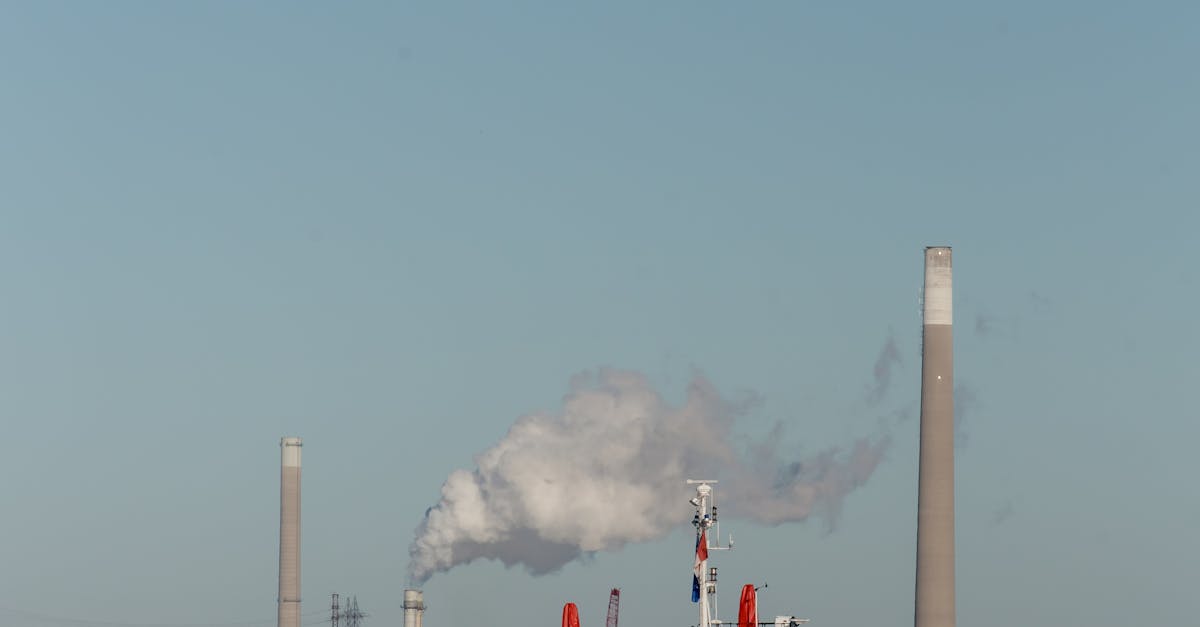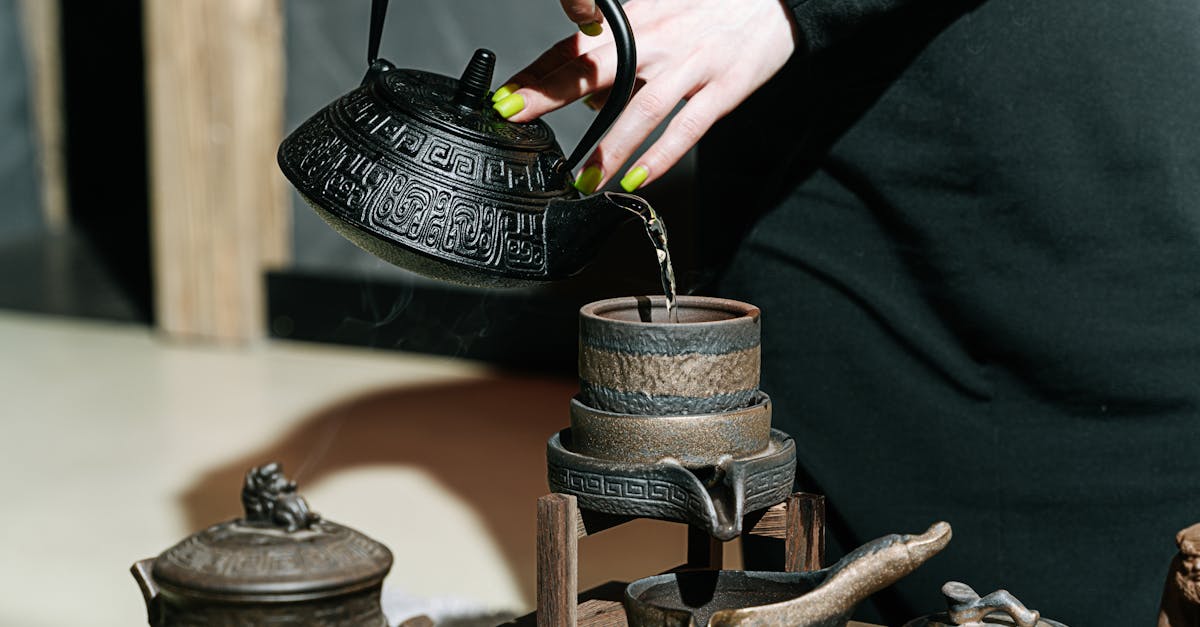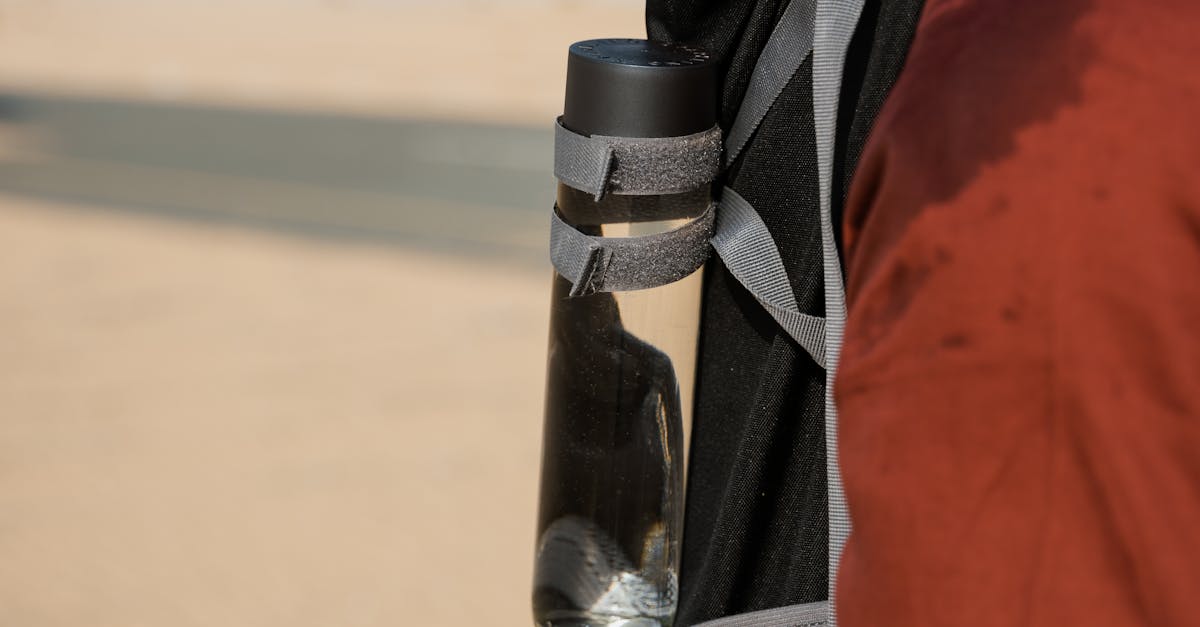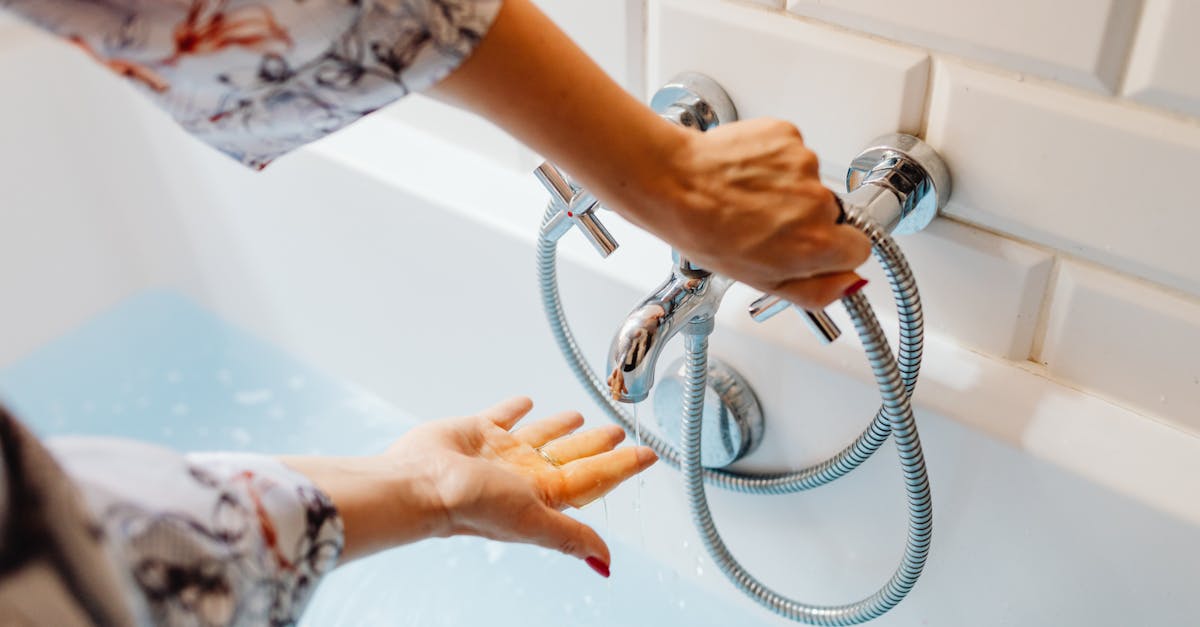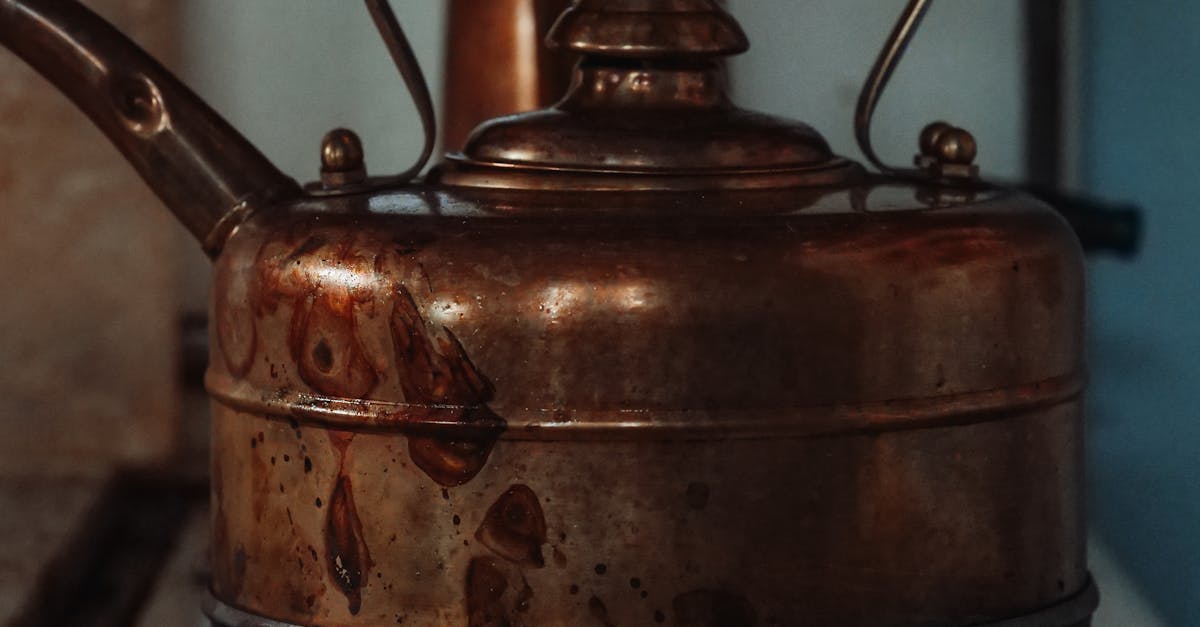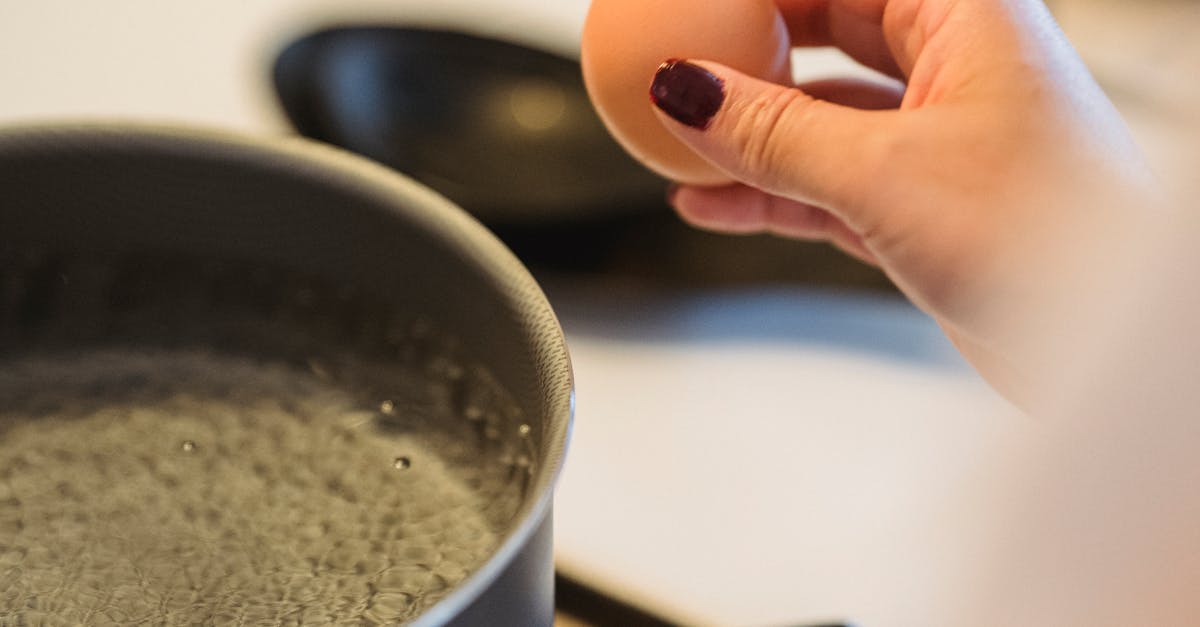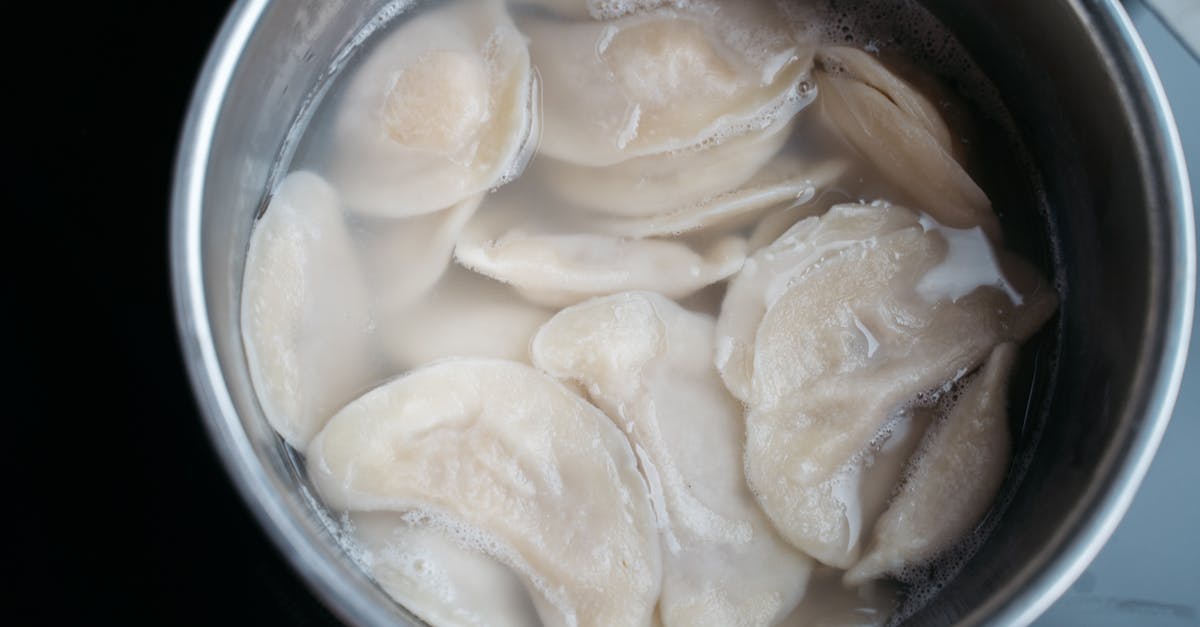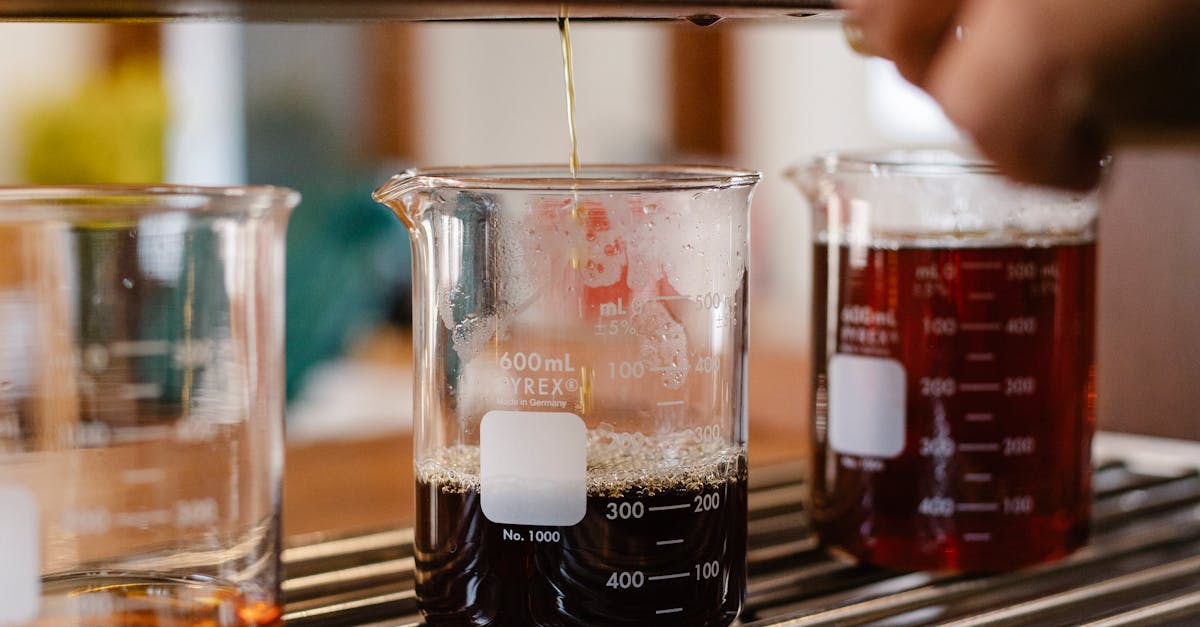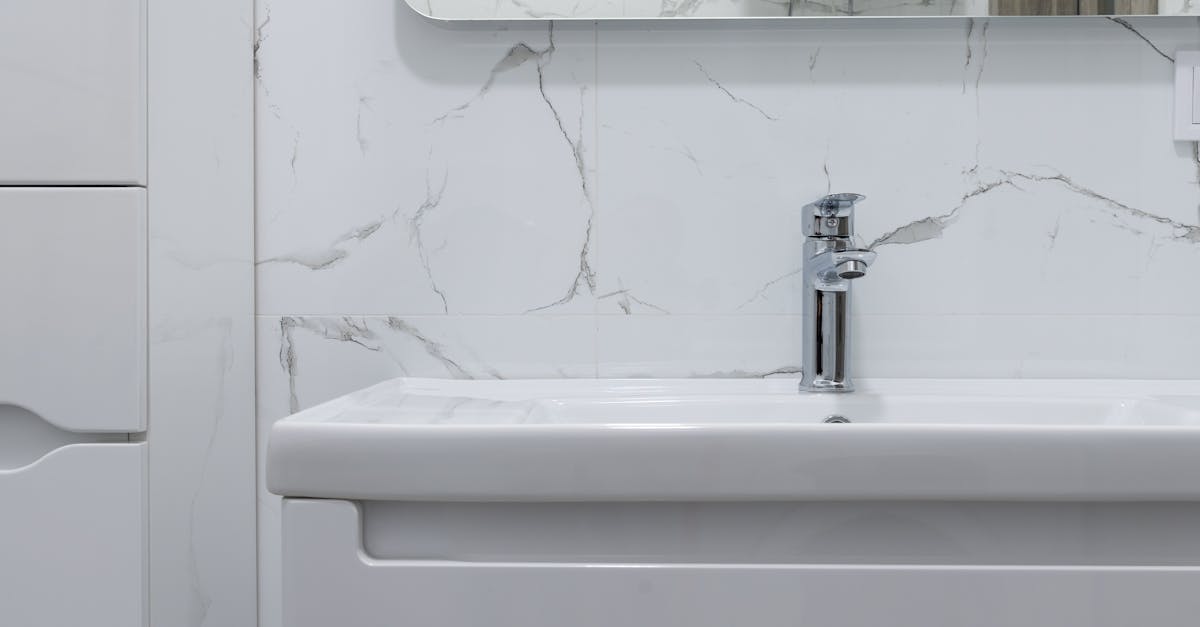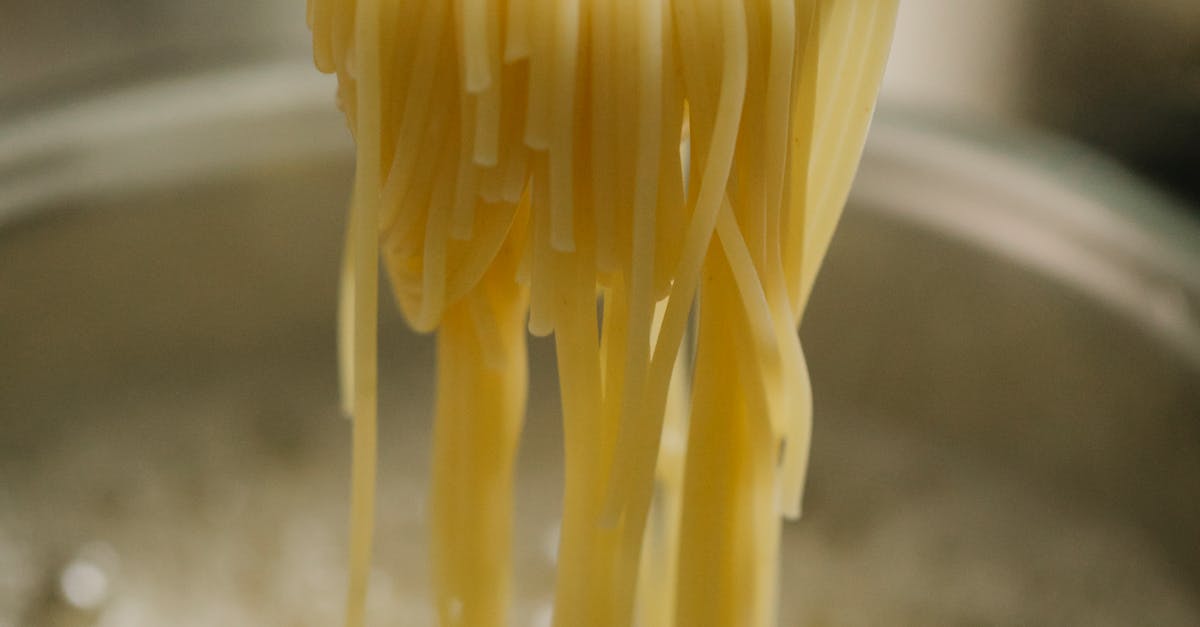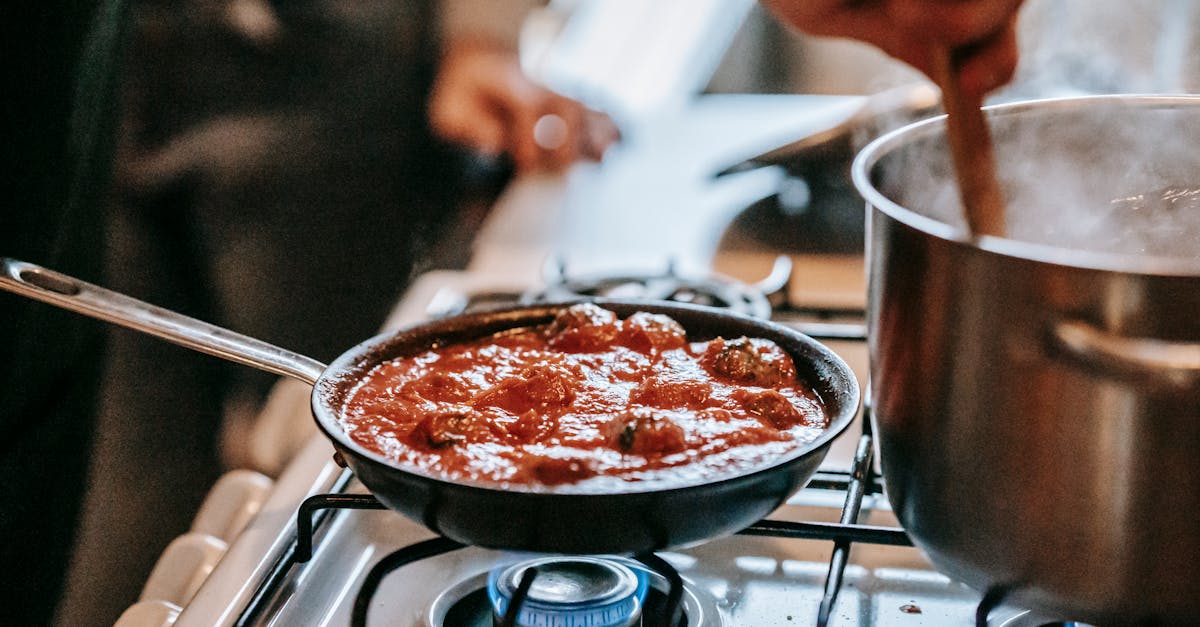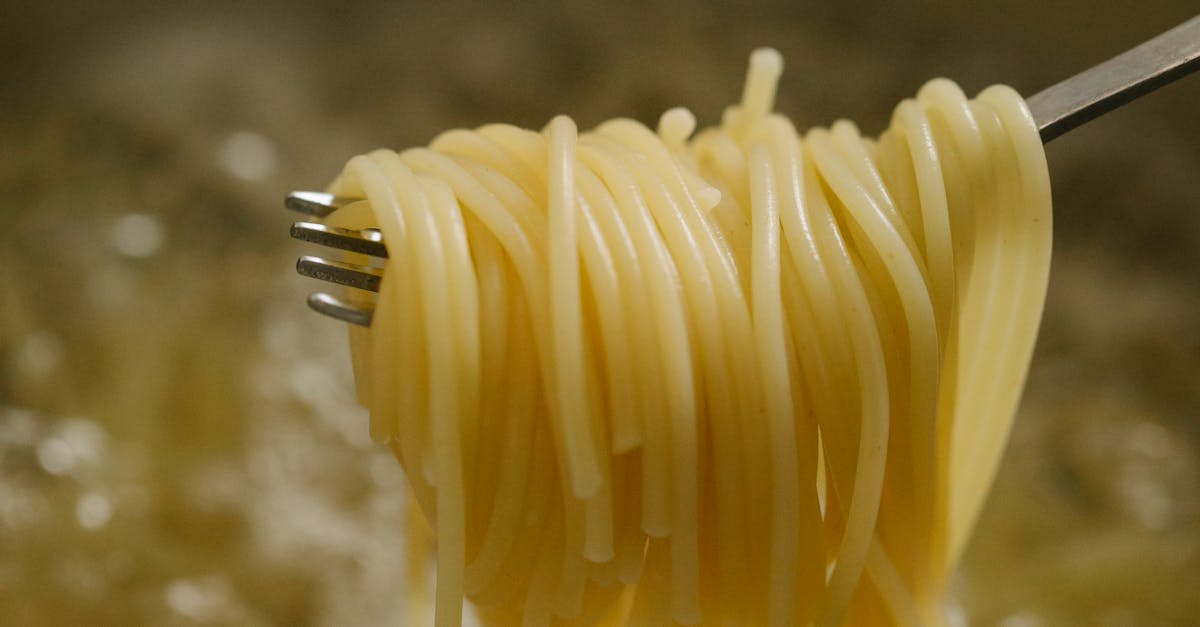
Table Of Contents
Maintenance Requirements
Heat pump water heaters require regular maintenance to ensure optimal performance and longevity. Homeowners should inspect air filters monthly, cleaning or replacing them as needed to prevent dust accumulation that can hinder efficiency. The tank should be flushed at least once a year to remove sediment buildup, which can affect heating efficiency and overall system reliability. Additionally, checking for any leaks or signs of corrosion will help maintain the integrity of the system over time.
Proper maintenance also extends to the surrounding environment of your hot water installation. Ensure that the area is unobstructed and free of debris that might impede airflow. Maintaining an optimal ambient temperature in the vicinity can improve the heater's efficiency. Scheduling a professional service every couple of years can be beneficial in diagnosing potential issues before they become significant problems. Regular attention to these details will contribute to a reliable and efficient heat pump water heater.
Ensuring Longevity and Performance
Regular maintenance is essential for ensuring the longevity and performance of heat pump water heaters. This includes routine checks on the air intake and exhaust vents to prevent clogs and ensure efficient airflow. Keeping the water tank clean by periodically flushing out sediment buildup will enhance the heater's efficiency and lifespan. Moreover, checking and replacing the air filter as needed can significantly contribute to consistent performance during hot water installation.
Monitoring the temperature settings is vital as well. Maintaining an appropriate water temperature helps to optimize energy use while ensuring hot water is readily available. Homeowners should also inspect the heating elements and associated plumbing for leaks or corrosion, as these issues can negatively impact performance. Following these maintenance practices will not only prolong the life of the heat pump water heater but also help avoid costly repairs in the future.
Performance in Different Household Sizes
Heat pump water heaters offer varying performance based on household size. For smaller households, the capacity and recovery rate of a heat pump water heater can adequately meet daily hot water needs without excessive energy consumption. These systems are typically more efficient than traditional electric or gas water heaters, which helps to reduce utility costs. Proper hot water installation is essential to ensure that the system is tailored to the specific demands of the household, avoiding underperformance or unnecessary energy waste.
Larger households require a more robust solution to accommodate increased hot water usage. Choosing a heat pump with sufficient capacity and flow rates becomes crucial in these cases. An efficient design, along with expert hot water installation, ensures that multiple hot water demands can be met simultaneously without long wait times. This adaptability makes heat pump water heaters suitable for families of various sizes, optimizing both comfort and efficiency.
Sizing Your Heat Pump Water Heater
Choosing the right size for your heat pump water heater is crucial for ensuring that your household has adequate hot water without excessive energy consumption. The capacity of a heat pump water heater is measured in gallons, and it should align with your family's hot water usage. Factors such as the number of occupants, peak usage times, and the types of appliances that require hot water will influence the sizing decision. For instance, families with multiple bathrooms may require a larger unit than a household with only one bathroom.
When planning a hot water installation, evaluating the recovery rate is just as important as the tank size. The recovery rate determines how quickly the water heater can produce hot water after it has been depleted. This specification is particularly significant during busy mornings when multiple showers and appliances may be in use simultaneously. It’s advisable to consult with a professional installer who can assess your household's specific needs and recommend the best size for efficient hot water delivery.
Government Incentives and Rebates
Government incentives and rebates can significantly reduce the upfront costs associated with a heat pump water heater. Various federal, state, and local programs are designed to encourage homeowners to make more energy-efficient choices. These financial incentives often include tax credits and direct rebates that apply to hot water installation. By taking advantage of these programs, homeowners can recoup a portion of their initial investment while contributing to energy conservation efforts.
In addition to federal incentives, many utility companies offer their own rebates for heat pump systems. These programs aim to promote energy efficiency and may vary by region, so it's crucial for homeowners to explore options available in their area. The combination of federal, state, and local assistance can make the decision to invest in hot water installation more appealing. Researching and applying for these incentives can not only lower costs but also enhance the long-term benefits of switching to a heat pump water heater.
Financial Assistance for Installation
Homeowners interested in heat pump water heaters can often access financial assistance to help offset the costs associated with hot water installation. Federal, state, and local governments frequently offer rebates and tax incentives. These programs are designed to encourage energy-efficient upgrades that can lead to lower utility bills and reduced environmental impact. Researching available options in your area can reveal potential savings that make the overall investment more feasible.
Additionally, certain utility companies provide incentives for homeowners who choose energy-efficient appliances, including heat pump water heaters. They may offer reduced rates or one-time rebates for hot water installation, depending on the efficiency ratings of the units. It is beneficial to contact your utility provider to inquire about any specific programs that may apply to your situation. Taking advantage of these incentives not only lowers initial costs but also contributes to long-term energy savings.
FAQS
What is a heat pump water heater?
A heat pump water heater is an energy-efficient appliance that uses electricity to transfer heat from the air or ground to heat water, rather than generating heat directly through traditional methods.
How much maintenance do heat pump water heaters require?
Heat pump water heaters typically require minimal maintenance, such as regular cleaning of the air filter, checking the condensate drain for clogs, and annual professional inspections to ensure optimal performance.
Are heat pump water heaters suitable for all household sizes?
Yes, heat pump water heaters can be suitable for a variety of household sizes, but it is important to properly size the unit based on your household's hot water needs to ensure efficiency and performance.
What financial incentives are available for installing a heat pump water heater?
Various government incentives and rebates may be available for the installation of heat pump water heaters, which can help offset the initial cost. Check with local and federal programs to see what options are available in your area.
How do I determine the right size for my heat pump water heater?
To determine the right size for your heat pump water heater, consider factors such as the number of people in your household, peak hot water usage times, and the heater's recovery rate. Consulting with a professional can also help ensure proper sizing.
